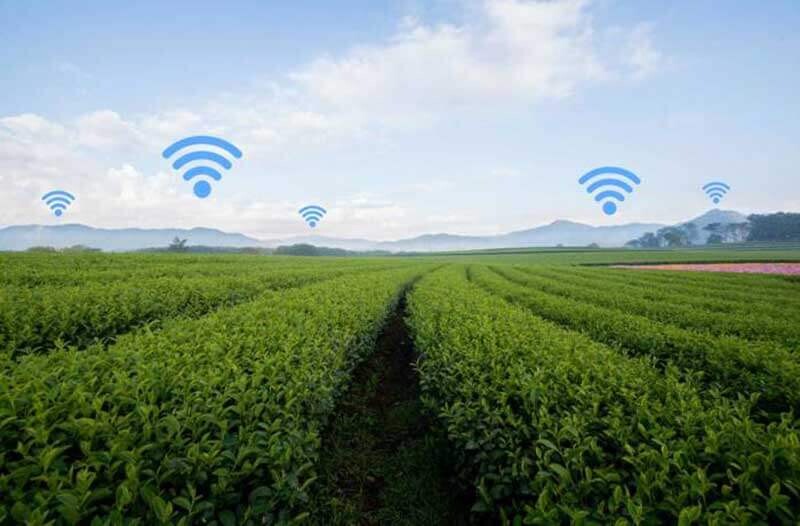Smart farming solutions
Using IoT and advanced technology (Agro Sensors for Humidity, NPK monitoring) to reduce crop failure and boost farm revenues.
Challenge
As our population grows unabated, the world is looking at increased farm output to meet the world’s demand for food. However, as farmers are typically reliant on general weather predictions or projection models not specifically designed for their region. Additionally, many farmers use guesstimates for soil and crop quality, giving them no wiggle room to accommodate natural calamities and weather-related challenges. Using this approach results in lower farm output quality, quantity, and income. Additionally, using non-standard, unscientific farming methods, no quality control and price regulation causes farming to become a high-risk activity for farmers.
solution
The Smart Agro solution uses cutting-edge technology and IoT-based sensors to improve the quality and quantity of farm output. The solution uses IoT-based sensors to gather crop, livestock, soil, and atmospheric observational data which is fed to an IoT platform that creates real-time models to understand the current farm treatment requirements. This helps farmers make informed, data-driven decisions to reduce crop failure or be ready for potential challenges such as weather changes and potential crop diseases during the upcoming season.
result
Using the smart agro solution addresses key challenges faced by farmers. The solution reduces the risk of crop failure through sensor-derived data analysis of crops, soil and weather including light, humidity, soil moisture, and temperature. The solution also uses this information to suggest the best location-specific treatment needed to address any potential challenges and boosts farmer morale and farm output—thereby eliminating the guesswork from traditional farming methods. Farmers can now be ready to meet farming challenges head-on and boost farm output to meet the world’s growing needs.


We used the smart agro solution to help transform our organic farm into an organic smart farm. Now, with the use of smart sprinklers and intelligent crop management devices we have managed to not only boost output, but reduce infestations by up to 40%.